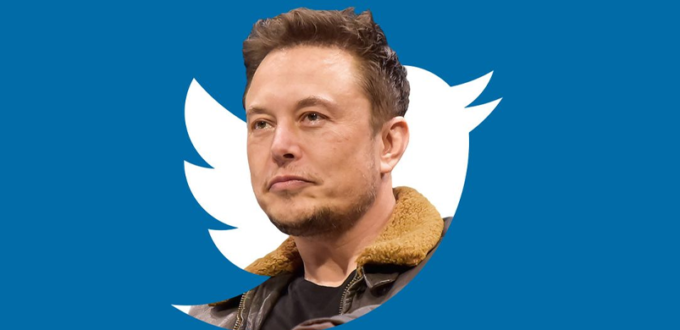In his ongoing and already controversial run as Twitter’s owner and CEO, Elon Musk has unveiled a plan to make the “blue tick” —a sign of an account being verified — a paid service, available for $8/per month in the US, and probably less in countries with reduced purchasing power. In a narrow sense, the move can be seen merely as a new owner of a private company trying to find fresh revenue streams.
The blue tick is seen as a marker of authenticity — it tells users that an account has been verified by Twitter and is indeed who or what it claims to be. Public figures such as politiciansand celebrities, and reputed institutions, are most often granted this symbol. It is also seen as a tool to weed out fake accounts and bots.
But beyond such public figures, it often appears that there is no rationale to who gets “verified”. The blue tick, in a sense, is a status symbol. However, the opaque manner in which who is allowed to sport it on their profile smacks of a digital feudalism. Musk’s plan both democratises and devalues it. If all it takes is a nominal fee, the blue tick will cease to be a status symbol.
There are fundamental contradictions raised by Musk’s plan. Soon after taking over, he described his aspirations for Twitter becoming “a common digital town square”. But a privately-owned global, digital public square could bring to a head some of the contradictions between commercial considerations and public interest. Musk has often declared himself to be a free speech champion.
The fact remains that social media’s market structure is dominated by a handful of Big Tech players. Increasingly, the control social media exercises over speech has become a political issue. In this, the transnational character of the internet is coming up against national sovereignty. By declaring that a fee, not some seemingly arbitrary factor, is what determines the reach of someone’s voice, Twitter may perhaps involuntaril be making a case that it is now more transparent.


No Comments Yet